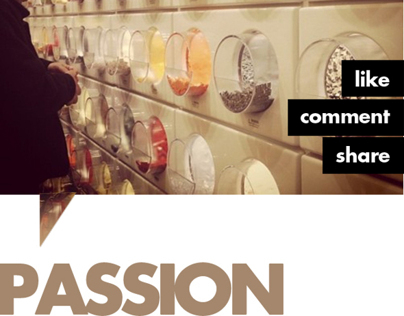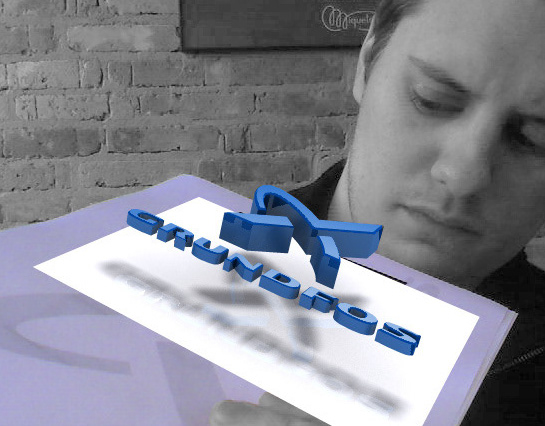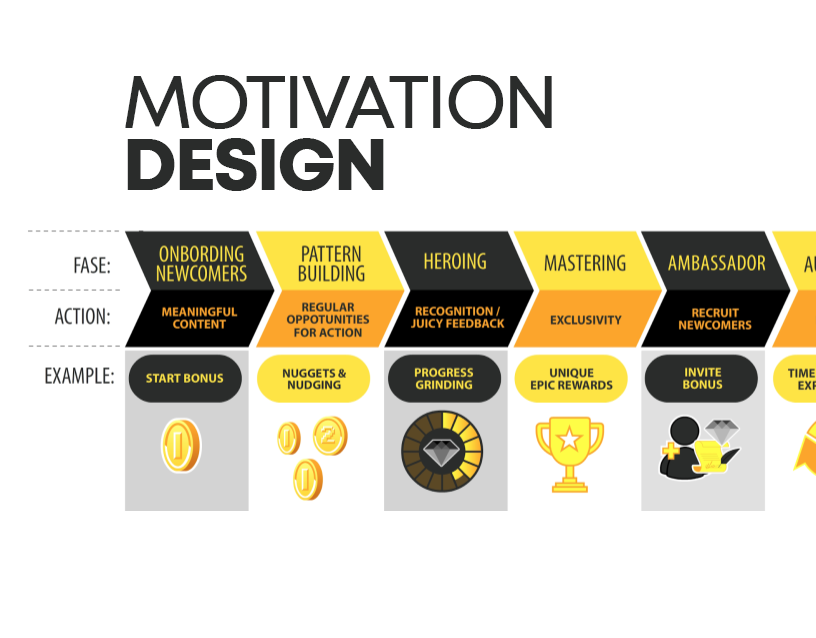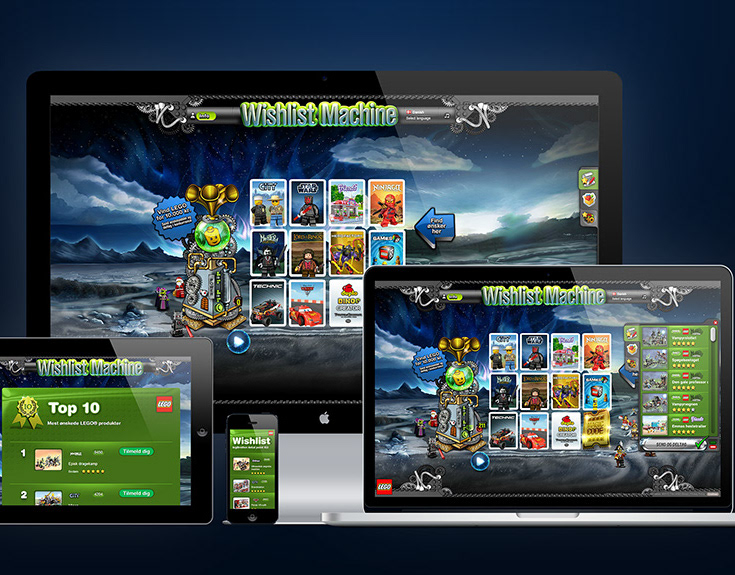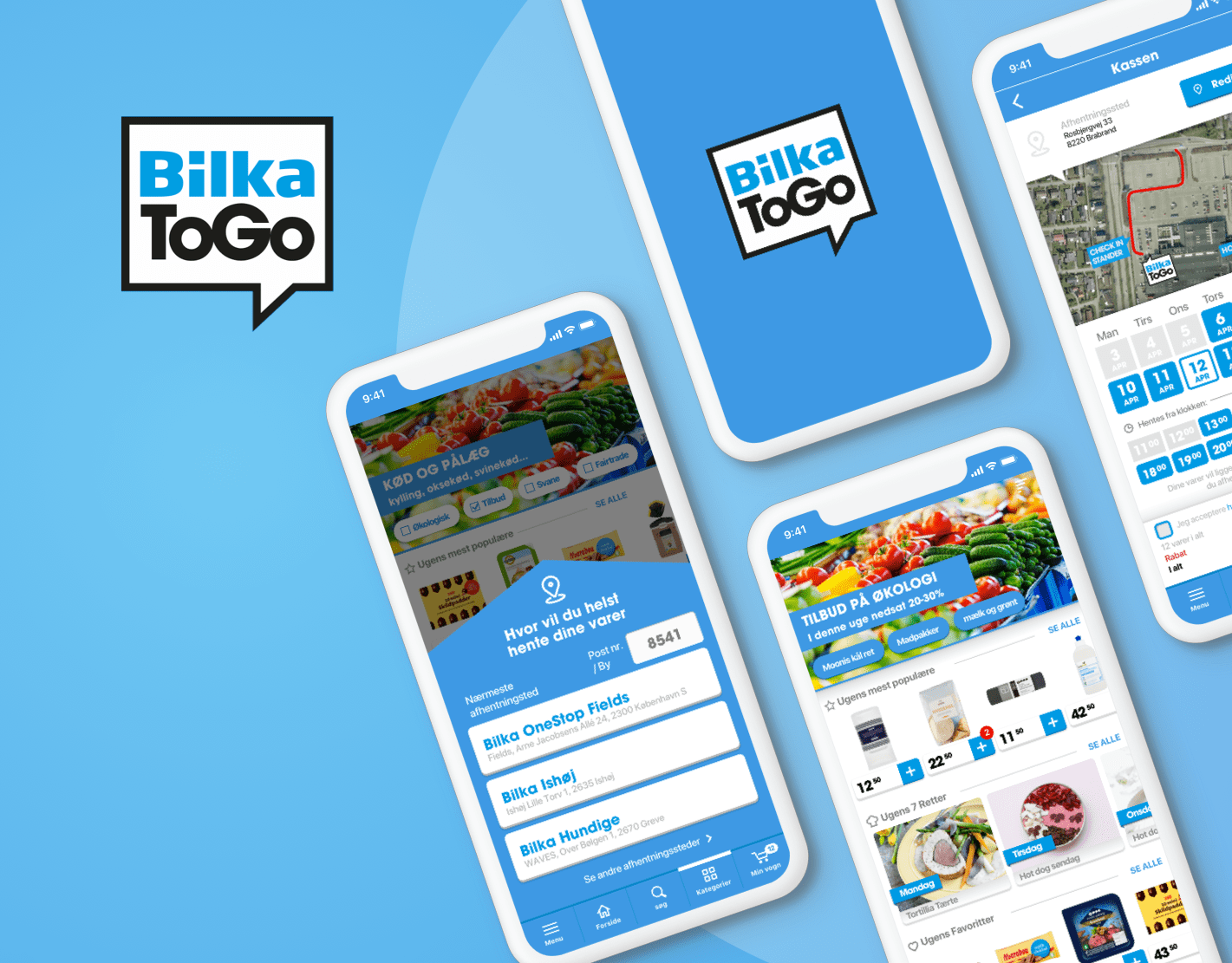"80% of success in any job relies on your ability to deal with people." -Dale Carnegie
We know it’s true. Yet, many organizations still focus more on process, tools, and performance metrics than on the invisible force driving everything: culture.
Culture shows up in how we build trust, collaborate, communicate, and include others — or fail to. And trust? It’s the cornerstone.
Just look at the difference: In low-trust environments, you get slow decisions, micromanagement, politics, and resistance to change. In high-trust environments, you unlock autonomy, faster execution, innovation, and resilience.
But trust isn’t something you declare. it’s something you design and nurture.
That’s why I created the People First Canvas. It’s a simple tool to help teams actively reflect on key cultural dynamics like trust, psychological safety, inclusion, transparency, and ownership — because ignoring these leads straight to friction, inefficiency, and disengagement.
Too often, people confuse mandate with influence. You can be given authority, but without trust, your guidance falls flat. On the other hand, when you’ve earned trust, you can drive other people to great outcomes even without formal power.
So the real question is: How are you intentionally building trust, inclusion, and collaboration in your team? Do you know where you stand today, and what good actually looks like in practice?
FigJam board:
The People First Canvas is designed to surface these conversations before they become problems. Because culture isn’t just the vibe, it’s the system behind every decision, every risk taken, and every opportunity either seized or missed.
If 80% of success depends on people, it’s time we start treating culture as a core business tool, not an afterthought.

